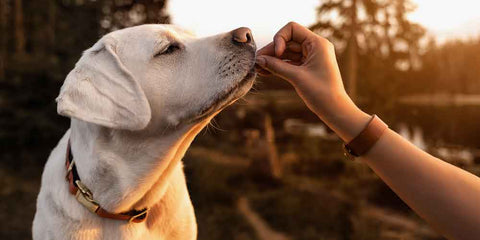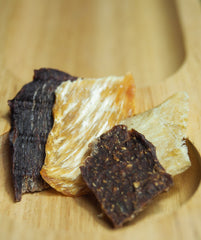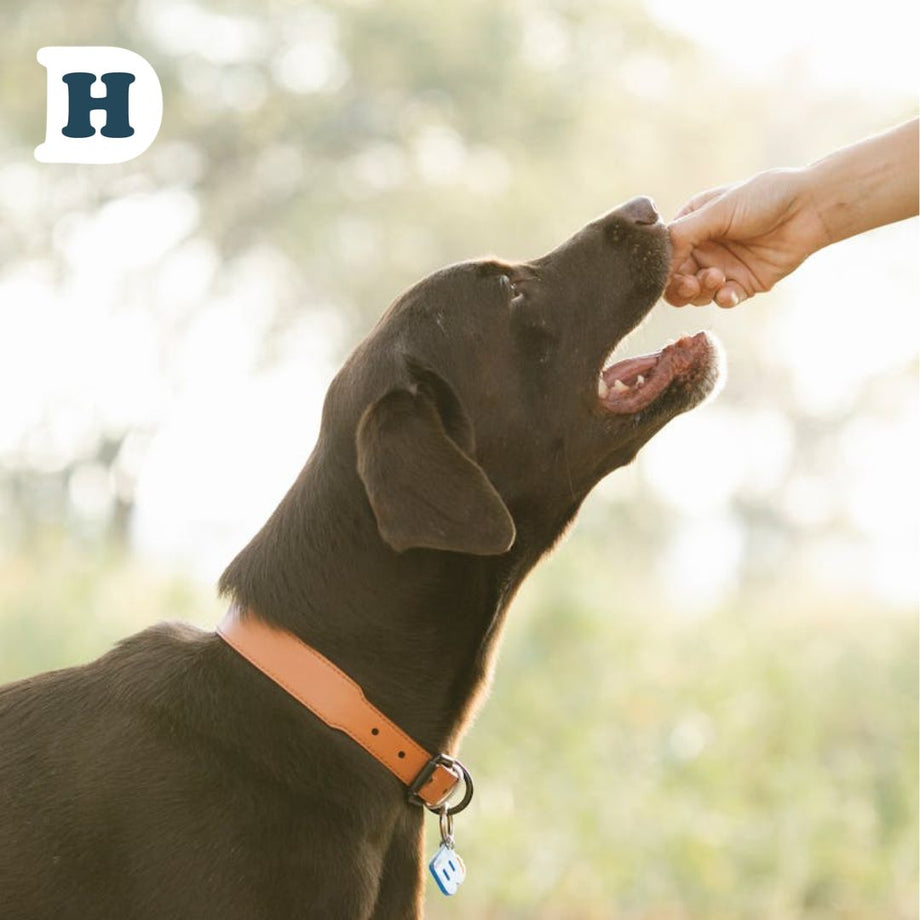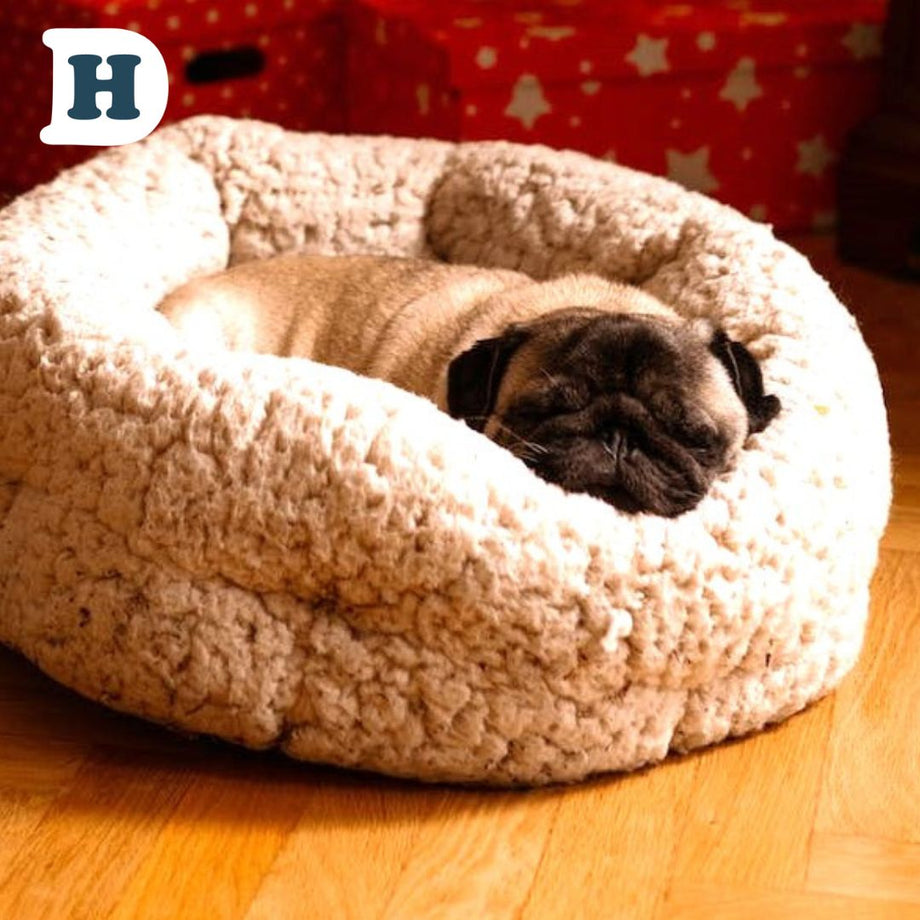
Are you looking to take your furry friend's training to the next level? Look no further! We have the perfect solution for you. Introducing "From Good Boy to Great: Responsible Treats for Positive Dog Training." We understand that training your dog requires patience, consistency, and of course, the right incentives. That's why we have carefully curated a selection of responsible treats that are not only delicious but also promote positive behavior in your canine companion. Our treats are made with high-quality ingredients, free from artificial additives, and are designed to be easily digestible. Whether you're teaching your pup basic commands or tackling more advanced tricks, our treats will be your secret weapon in achieving success. Get ready to witness your good boy transform into a great one with our range of responsible treats for positive dog training.
Importance of Responsible Treats in Dog Training
Positive reinforcement is a key aspect of effective dog training, and responsible treats play a vital role in this process. By rewarding your dog with treats for desired behaviors, you are providing them with a clear incentive to repeat those behaviors. This creates a positive association and motivates your dog to continue learning and improving.
However, it's important to choose treats that are not only tasty but also beneficial for your dog's health. Responsible treats prioritise quality ingredients and avoid harmful additives that can negatively impact your dog's well-being. By opting for responsible treats, you can ensure that you are rewarding your dog in a way that aligns with their nutritional needs.
Understanding the Nutritional Needs of Dogs
Before delving into the world of responsible treats, it's crucial to understand the nutritional needs of your dog. Dogs require a balanced diet that consists of proteins, carbohydrates, fats, vitamins, and minerals. Treats should be viewed as a supplement to their regular meals and should not make up a significant portion of their daily calorie intake.
When selecting treats, look for ones that are rich in protein and low in fat. Avoid treats that contain excessive amounts of fillers or artificial ingredients. Treats with added vitamins and minerals can also provide additional health benefits. It's always a good idea to consult with your veterinarian to ensure that the treats you choose are suitable for your dog's specific dietary requirements.
Choosing the Right Treats for Positive Reinforcement
Now that you understand the importance of responsible treats and the nutritional needs of your dog, it's time to explore the various options available. There are two main categories of treats: homemade and store-bought. Both options have their advantages and can be used effectively in positive dog training.
Homemade Treat Recipes for Dog Training
Making treats at home allows you to have complete control over the ingredients and ensures that your dog is consuming only the best. Here are a few homemade treat recipes that are simple to make and highly appealing to dogs:
1. Peanut Butter and Banana Bites: Mash a ripe banana and mix it with natural peanut butter. Add whole wheat flour until the mixture forms a dough. Roll out the dough and cut it into bite-sized pieces. Bake at a low temperature until the treats are firm.
2. Sweet Potato Chews: Slice sweet potatoes into thin strips and bake them at a low temperature until they are crispy. These chewy treats are not only delicious but also packed with vitamins and fiber. This recipe works well using an air fryer on 200 degrees celsius.
Healthy Treat Options for Positive Dog Training
 If you prefer the convenience of store-bought treats, there are plenty of responsible options available. Look for treats that are made from high-quality ingredients, such as real meat or fish. Avoid treats that contain artificial preservatives, flavours, or colours. Additionally, opt for treats that are easily breakable into smaller pieces, as this allows for more frequent rewards during training sessions.
If you prefer the convenience of store-bought treats, there are plenty of responsible options available. Look for treats that are made from high-quality ingredients, such as real meat or fish. Avoid treats that contain artificial preservatives, flavours, or colours. Additionally, opt for treats that are easily breakable into smaller pieces, as this allows for more frequent rewards during training sessions.
When selecting store-bought treats, consider your dog's preferences and any dietary restrictions they may have. Some dogs may have sensitivities to certain ingredients, so it's important to read the labels carefully. Don't be afraid to try different brands and flavours to find the ones that your dog loves the most.
Training Techniques Using Treats Effectively
Now that you have your responsible treats ready, it's time to learn how to use them effectively in training. Treats are most commonly used for positive reinforcement, where you reward your dog for exhibiting desired behaviors. Here are a few training techniques that involve the use of treats:
1. Clicker Training: Clicker training is a popular method that involves using a clicker to mark the desired behaviour, followed by a treat as a reward. The clicker acts as a signal to your dog that they have done something correctly, and the treat reinforces that behaviour. More information about Clicker training can be found: Step-by-Step: How to Clicker Train Your Dog
2. Luring: Luring is a technique where you use a treat to guide your dog into performing a specific action. For example, you can hold a treat above your dog's head to encourage them to sit. Once they sit, reward them with the treat.
3. Rewarding Good Behaviour: Whenever your dog exhibits good behavior, such as obeying a command or showing calmness, reward them with a treat. This reinforces the behavior and encourages them to continue behaving in that manner.
Remember to use treats sparingly and gradually reduce their frequency as your dog becomes more proficient in their training. The goal is to eventually transition to verbal praise and physical affection as the primary rewards.
Common Mistakes to Avoid When Using Treats in Training
While treats can be a powerful tool in dog training, there are some common mistakes that pet owners should avoid. These mistakes can hinder the effectiveness of the training and create unwanted behaviors. Here are a few things to keep in mind:
1. Overusing treats: Using treats too frequently or in large quantities can lead to over-reliance on food rewards and diminish the value of the treats. It's important to strike a balance and gradually reduce the reliance on treats as your dog progresses in their training.
2. Using inappropriate treats: Not all treats are suitable for training purposes. Treats that are too large or take a long time to consume can disrupt the training flow and cause distractions. Choose treats that are small, easily chewable, and can be consumed quickly.
3. Inconsistency: Inconsistency in treat delivery can confuse your dog and make it difficult for them to understand what behaviours are being rewarded. Be consistent in your timing and delivery of treats to ensure clarity for your dog.
By avoiding these common mistakes, you can maximise the effectiveness of treat-based training and help your dog reach their full potential.
Alternatives to Treats for Positive Reinforcement
While treats are a popular choice for positive reinforcement, they are not the only option. Some dogs may have dietary restrictions or simply prefer alternative rewards. Here are a few alternatives to treats that can be just as effective:
1. Verbal praise: Dogs thrive on verbal praise and positive attention from their owners. A simple "good boy/girl" in a cheerful tone can go a long way in reinforcing positive behaviours.
2. Physical affection: Some dogs love physical affection, such as belly rubs, pats on the head, or vigorous play sessions. Use these forms of affection as rewards for desired behaviors.
3. Playtime: Incorporate playtime into your training sessions as a reward. A quick game of fetch or a fun training game can be highly motivating for your dog.
4. Choose high-quality dog food: Opt for a commercially prepared dog food that is labeled as nutritionally complete and balanced. Look for foods that list natural ingredients such as Man's Best for Dogs. By satisfying your dogs hunger, they will be less likely to be in need of treats. Avoid foods that contain excessive fillers, grains and artificial additives.
excessive fillers, grains and artificial additives.
5. Don't run out of Dog Food: Remember Delivery Hound delivers a variety of 5 different grain-free recipes. Each recipe is available in a 5kg and 11 kg reusable container. When your dog has finished the food in the container, Delivery Hound will replace it with a fresh one and collect the empty one for cleaning. It is a service based on the principles of the circular economy! Subscribe and save money as well - no lock in contracts!
Remember that each dog is unique, and what works for one may not work for another. Experiment with different rewards to find what motivates and excites your dog the most.
The Key to Successful Dog Training with Responsible Treats
Training your dog to be well-behaved and obedient requires time, patience, and the right incentives. Responsible treats play a crucial role in positive reinforcement training, as they provide a tangible reward that encourages desired behaviours. Treats should never equate to more than 10% of their daily diet. Learn more here about Why Weight Matters: The Importance of Maintaining a Healthy Weight for Your Dog.
By understanding the nutritional needs of your dog and choosing treats that are made with high-quality ingredients, you can ensure that you are rewarding your dog in a way that promotes their overall health and well-being. Whether you opt for homemade treats or store-bought options, the key is to find treats that your dog finds irresistible.
Remember to use treats effectively by incorporating them into training techniques, avoiding common mistakes, and exploring alternative forms of rewards. With the right approach, you can transform your good boy into a great one through responsible treats and positive dog training. So, get ready to embark on an exciting journey of training and watch your furry friend thrive!
©deliveryhound.com.au 2023






